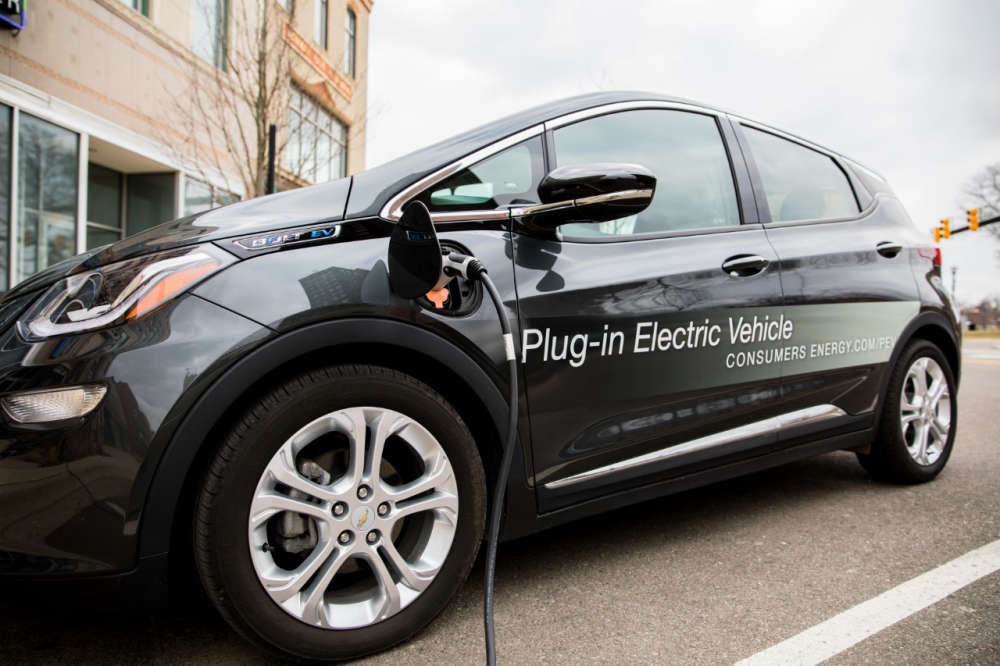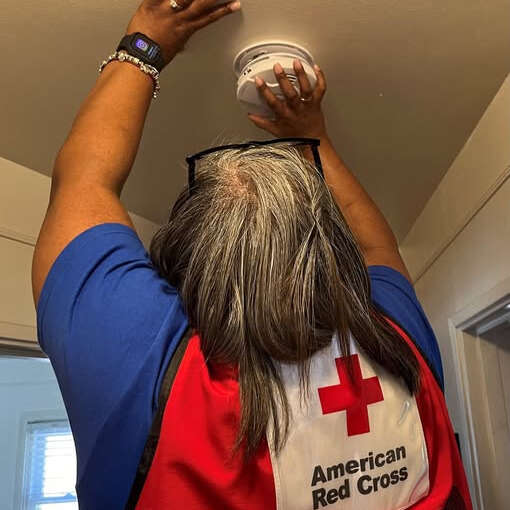
200 more EV chargers will be installed across Michigan over the next two years.
The expansion comes as electric vehicle sales continue to soar in Michigan. The number of EVs in Michigan was up 58% statewide year over year -- and 71% in communities that Consumers Energy serves – as of the end of last year, according to publicly available numbers from the Michigan Secretary of State.
“Michigan was the birthplace of the automobile, and now we’re the hub of the automobile’s next generation,” said Sarah Nielsen, Consumers Energy’s executive director for electric vehicle programs. “Consumers Energy is driving Michigan’s EV transformation, powering charging stations that make it easy to drive EVs across the state and promoting affordable, convenient charging at home that gets vehicles moving every day.”
Consumers Energy has already installed over 1,500 EV chargers for homes, businesses and along roads across the Lower Peninsula. Those include 35 fast chargers that can power an EV battery in a half hour. Learn more: ConsumersEnergy.com/PowerMIDrive
Consumers Energy also provides the lowest-cost options for EV owners who charge at home overnight through the Bring Your Own Charger program. The PowerMIFleet program, meanwhile, is helping over 50 Michigan employers that plan to electrify their vehicle fleets.
Electric vehicles will be powered by an electric grid that is moving fast to become carbon neutral. Consumers Energy’s Clean Energy Plan calls for eliminating coal by 2025, eliminating energy waste and adding renewable energy sources. Learn more: MICleanEnergy.com.
“Michiganders and our state’s automakers are showing they’re ready for the next generation of vehicles. Consumers Energy is putting that transformation into high gear by providing clean energy and the resources to help homeowners and businesses make the easy, affordable and clean switch to EVs,” Nielsen said.
Consumers Energy, Michigan’s largest energy provider, is the principal subsidiary of CMS Energy (NYSE: CMS), providing natural gas and/or electricity to 6.8 million of the state’s 10 million residents in all 68 Lower Peninsula counties.

 04/28/25 - Ascension Health Suffers 'Third-Party' Data Breach
04/28/25 - Ascension Health Suffers 'Third-Party' Data Breach
 4/18/25 - List of Easter Events for the Kids
4/18/25 - List of Easter Events for the Kids
 04/15/25 - Red Cross Going Door to Door This Month
04/15/25 - Red Cross Going Door to Door This Month
 8/15/24 - Groundbreaking For New Children's Rehab Hospital
8/15/24 - Groundbreaking For New Children's Rehab Hospital


